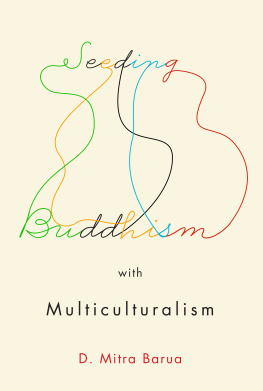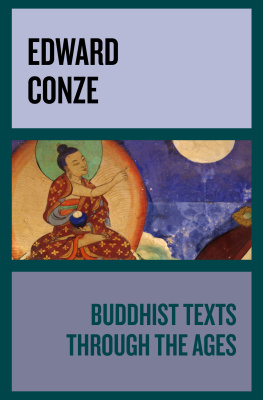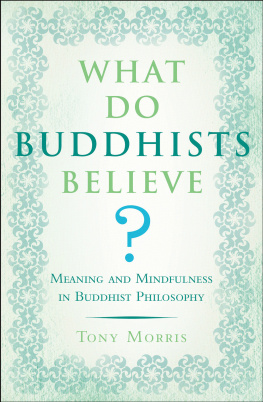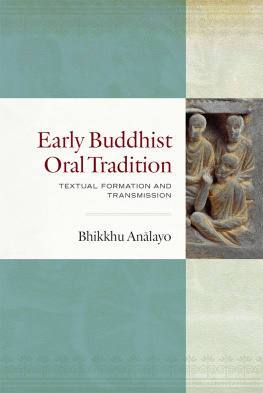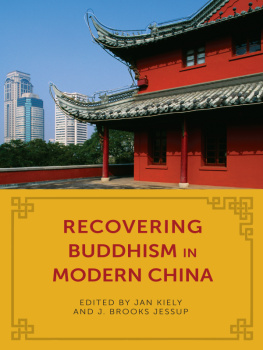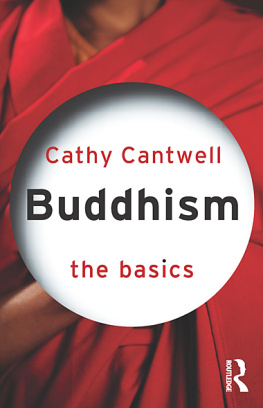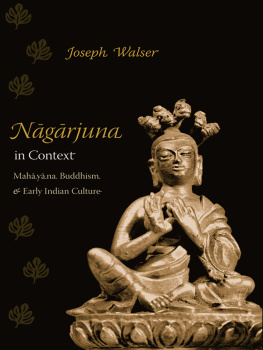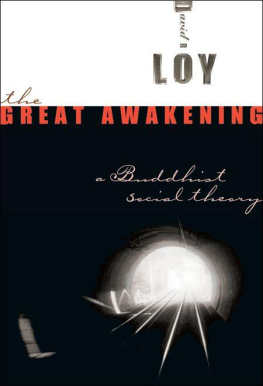
SEEDING BUDDHISM WITH MULTICULTURALISM
ADVANCING STUDIES IN RELIGION
Series editor: Christine Mitchell
Advancing Studies in Religion catalyzes and provokes original research in the study of religion with a critical edge. The series advances the study of religion in method and theory, textual interpretation, theological studies, and the understanding of lived religious experience. Rooted in the long and diverse traditions of the study of religion in Canada, the series demonstrates awareness of the complex genealogy of religion as a category and as a discipline. ASR welcomes submissions from authors researching religion in varied contexts and with diverse methodologies.
The series is sponsored by the Canadian Corporation for Studies in Religion whose constituent societies include the Canadian Society of Biblical Studies, Canadian Society for the Study of Religion, Canadian Society of Patristic Studies, Canadian Theological Society, Socit canadienne de thologie, and Socit qubcoise pour ltude de la religion.
1 The al-Baqara Crescendo
Understanding the Qurans Style, Narrative Structure, and Running Themes
Nevin Reda
2 Leaving Christianity
Changing Allegiances in Canada since 1945
Brian Clarke and Stuart Macdonald
3 Everyday Sacred
Religion in Contemporary Quebec
Edited by Hillary Kaell
4 Convergent Knowing
Christianity and Science in Conversation with a Suffering Creation
Simon Appolloni
5 Seeding Buddhism with Multiculturalism
The Transmission of Sri Lankan Buddhism in Toronto
D. Mitra Barua
Seeding Buddhism with Multiculturalism
The Transmission of Sri Lankan Buddhism in Toronto
D. Mitra Barua
McGill-Queens University Press
Montreal & Kingston London Chicago
McGill-Queens University Press 2019
ISBN 978-0-7735-5656-0 (cloth)
ISBN 978-0-7735-5657-7 (paper)
ISBN 978-0-7735-5759-8 (ePDF)
ISBN 978-0-7735-5760-4 (ePUB)
Legal deposit second quarter 2019
Bibliothque nationale du Qubec
Printed in Canada on acid-free paper that is 100% ancient forest free (100% post-consumer recycled), processed chlorine free
This book has been published with the help of a grant from the Canadian Federation for the Humanities and Social Sciences, through the Awards to Scholarly Publications Program, using funds provided by the Social Sciences and Humanities Research Council of Canada.
We acknowledge the support of the Canada Council for the Arts, which last year invested $153 million to bring the arts to Canadians throughout the country.
Nous remercions le Conseil des arts du Canada de son soutien. Lan dernier, le Conseil a investi 153 millions de dollars pour mettre de lart dans la vie des Canadiennes et des Canadiens de tout le pays.
Library and Archives Canada Cataloguing in Publication
Title: Seeding Buddhism with multiculturalism : the transmission of Sri Lankan Buddhism in Toronto / D. Mitra Barua.
Names: Barua, D. Mitra, 1976 author.
Series: Advancing studies in religion ; 5.
Description: Series statement: Advancing studies in religion ; 5 | Includes bibliographical references and index.
Identifiers: Canadiana (print) 20190055154 | Canadiana (ebook) 20190055235 | ISBN 9780773556577 (paper) | ISBN 9780773556560 (cloth) | ISBN 9780773557598 (ePDF) | ISBN 9780773557604 (ePUB)
Subjects: LCSH: BuddhismOntarioToronto. | LCSH: BuddhismSri LankaColombo. | LCSH: BuddhistsOntarioToronto. | LCSH: Sri LankansOntarioTorontoReligion. | LCSH: Sri LankansOntarioTorontoEthnic identity. | LCSH: ImmigrantsOntarioToronto. | LCSH: MulticulturalismReligious aspectsBuddhism. | LCSH: Intergenerational communicationOntarioToronto. | LCSH: Toronto (Ont.)Religion.
Classification: LCC BQ749.0585 T67 2019 | DDC 294.309713/541dc23
This book was typeset in 10.5/13 Sabon.
Gratefully dedicated to Ajahn Phongeun Vongkoth, his multiethnic Buddhist community in the Kitchener-Waterloo area, and dedicated dhamma teachers worldwide
Contents
Figures and Tables
FIGURES
TABLES
Acknowledgments
This book has been long in coming. I would not have been able to complete this book had I not received kind nudges from many people since my graduate studies in the Laurier-Waterloo joint doctoral program on religious diversity in North America. The theme for this book was germinated by a conversation with my doctoral supervisor, Kay Koppedrayer. The program itself necessitated its PhD students to locate their chosen research topic in North America and to address the issue of religion and diversity. Within these broad and yet limited foci, Kay advised me: Mitra, think of a topic that would keep you interested and engaged for a long time coming. Although I have been engaged with the topic of this book longer than I should have, I am grateful for that insightful advice and all the support Kay provided throughout my graduate studies. I could not ask for a better supervisor. She was kind yet firm with deadlines. She warned me not to get fooled by the self-delusional and procrastinating mental statement: it is all in the mind. Her advice there is no paper or chapter of your dissertation until and unless you put it in written words helped me to complete the dissertation in time. I am extremely grateful for her superb mentorship. Kay was the epitome of responsible and effective academic mentoring.
Let me also express my gratitude to others who helped me complete my graduate studies, from which this book emerged. Janet McLellan and Darrol Bryant served as members of my PhD committee. With much appreciation, I recall their kind advice and commitment to my success in the doctoral program. I also enjoyed talking with and/or learning from Michel Desjardins, Ronald Grimes, Carol Duncan, Chris Ross, Lorne Dawson, Doris Jakobsh, Mavis Fenn, Jeff Wilson, and David Seljak during graduate school. The latter in particular was very kind in offering me a one-on-one lesson on the various aspects of the secularization process in the West. Let me also acknowledge the moral support I received from my PhD cohort members, as well as a few others who were in the program. In particular, I am indebted to Siobhan Chandler a great friend, a supportive colleague, and most of all a patient cultural ambassador (as I call her Madame) who taught me a lot of North American colloquial expressions and cultural idioms. She patiently listened to many of my rambling research observations that eventually developed into the pages of this book. Her friendship, moral support, and encouragement certainly enabled me to survive the rigour of graduate school.
What made the above graduate school experience possible was a list of well-wishers. The Sinhalese, Bengali, and Lao speaking Buddhists in the Kitchener-Waterloo-Cambridge region welcomed me to their communities. I was able to observe the dynamics of Buddhism in diaspora as I repeatedly crossed the ethno-linguistic borders of these communities. I am deeply grateful to Ajahn Phongeun Vongkoth and his Lao Buddhist community of the Kitchener-Waterloo who helped me to call Canada home. Ajahn stood solid as a father figure and took pride in my academic aspirations; he encouraged and assisted me in every possible way to complete my higher studies. When I took time off from school to serve him as a primary caregiver when he was diagnosed with an advanced stage of lymphoma in 2010, he whispered in my ear not to allow his illness to interrupt my school. His deep interest in formal dhamma education and relentless effort with Soutsada (Mem) Vongsaly to introduce the practice to his fellow Laotian Buddhists in Ontario inspired me to conduct research on the practice. Ajahn wished that the Laotian Buddhist tradition had the practice of formal dhamma education that Sri Lankan Buddhists have enjoyed for more than a century.
Next page
